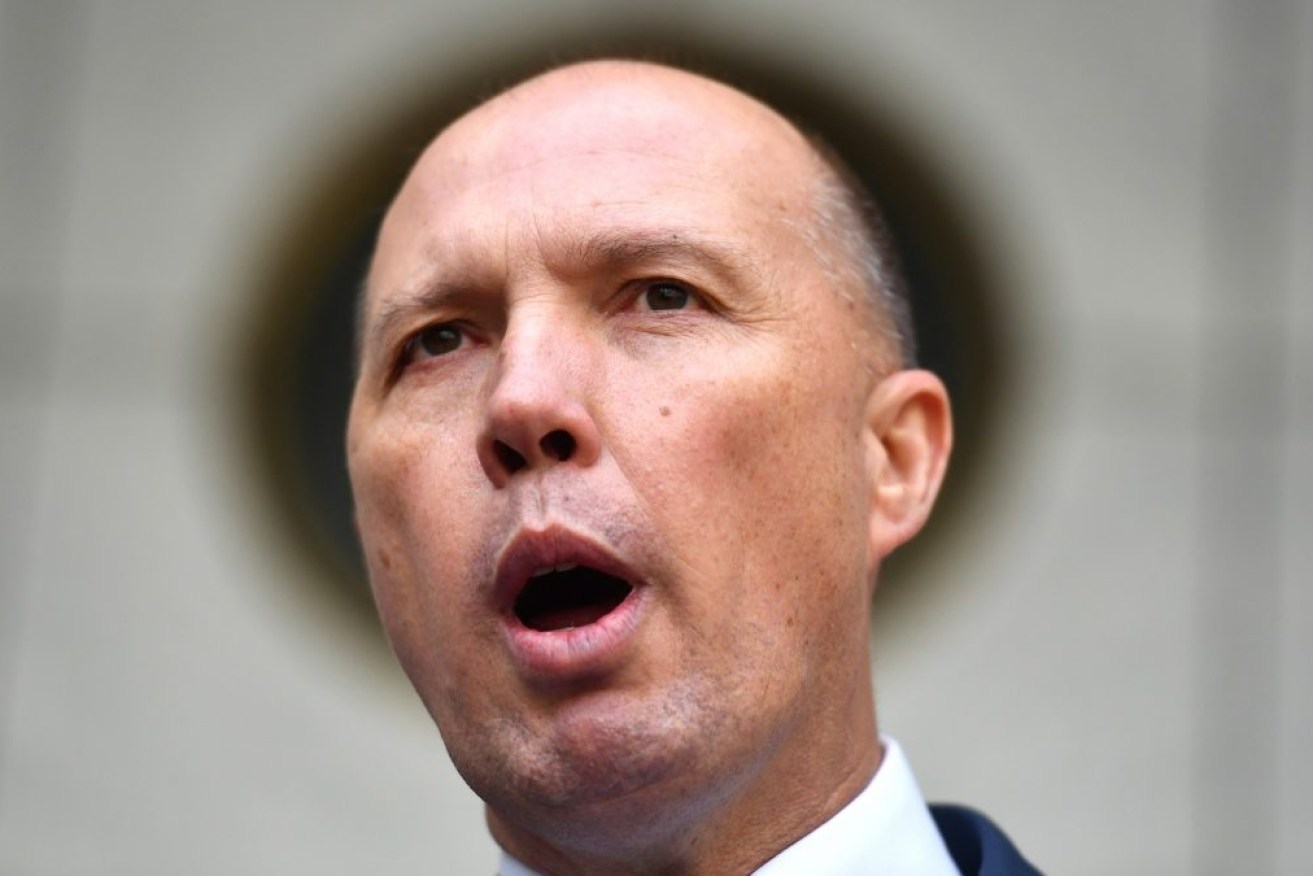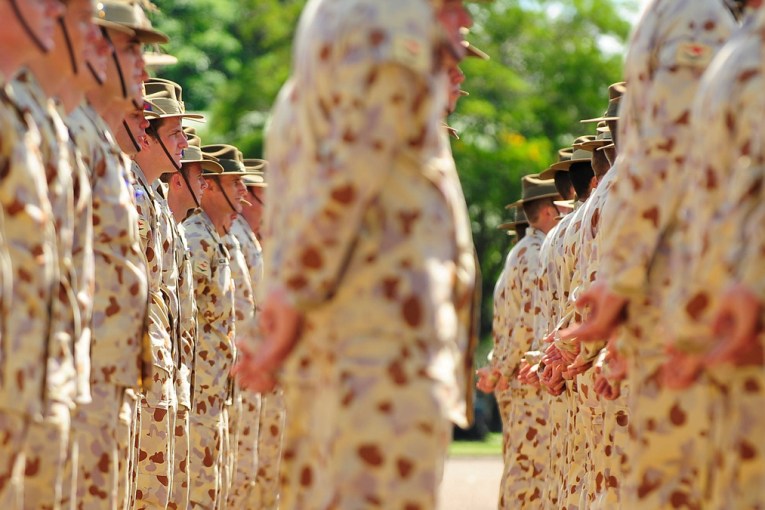Peter Dutton to head PM’s new federal super ministry


The move is seen as the most significant reform to national intelligence and domestic security in more than 40 years. Photo: AAP
Immigration Minister Peter Dutton will lead a new super ministry to handle national security, Prime Minister Malcolm Turnbull announced on Tuesday.
The new ministry will consolidate the Australian Federal Police (AFP), spy agency Australian Security Intelligence Organisation (ASIO), and the Australian Border Force (ABF). The agencies will report to Mr Dutton by June next year.
The measure is part of the most significant reform to national intelligence and domestic security arrangements in more than 40 years.
“When it comes to our nation’s security, we must stay ahead of the threats against us,” Mr Turnbull said.
Mr Dutton will oversee the new ministry and be assisted by Attorney-General George Brandis and Justice Minister Michael Keenan.
Opposition Leader Bill Shorten warned the idea was more about resolving Liberal Party civil wars than developing a national anti-terrorism strategy.
“I don’t think this is a captain’s call, I think it’s Peter Dutton’s call,” he told reporters in Sydney.
“Everybody knows that Malcolm Turnbull has to keep Peter Dutton on side so Malcolm Turnbull can keep his own job.”
But Mr Turnbull says the changes follow a review of Australia’s intelligence community by Michael L’Estrange, a former head of the foreign affairs department.
He conceded a Home Affairs ministry wasn’t within the review’s remit.
“This is my decision,” the Prime Minister said, rejecting claims the announcement was about politics.
“We need these reforms, not because the system is broken, but because our security environment is evolving quickly,” he said.
Cyber security arrangements will be bolstered with Mr Turnbull’s cyber security special advisor to head the Australian Cyber Security Centre.
The new ministry will be similar to the United Kingdom’s Home Office arrangements, as opposed to the Homeland Security model in the United States.
The Home Office ministry will also include the Australian Criminal Intelligence Commission, financial intelligence agency AUSTRAC and the Office of Transport Security.
Dr John Coyne, head of Border Security at the Australian Strategic Policy Institute (ASPI), said “a great deal of caution” was required in implementing the ministry.
“There’s a risk that in trying to establish a new system that some damage to the old system might be done,” Dr Coyne told The New Daily.
Many of the risks would not be known until the new ministry is formed mid-next year, he said.
“The devil will be in the detail, and that still needs to be worked out.”
He said the threat environment was always changing, and the government needed to adapt with it.
In May, former ASIO boss Dennis Richardson told reporters if two ministers were required to sign warrants then “please, we don’t need more bureaucracy”.
Mr Richardson told a Lowy Institute forum on Tuesday the change was difficult to criticise, but also “difficult to proclaim as some great advance forward”.
Anthony Bergin, a senior analyst at the National Security College and ASPI, told The New Daily he thought the government needed to provide “more detail about the overarching reasons and rationale for these dynamic changes”.
He said the move would require close cooperation.
“The last thing you want is the Attorney General slowing down the issuing of warrants,” Mr Bergin said.
Media reports have suggested ASIO and the Australian Federal Police advised the government against a mega-agency when they were consulted on possible changes.
However, Mr Turnbull is adamant he has the right personnel, in Mr Dutton and Mr Brandis, as well as the right structure to get the balance right between protecting Australians and ensuring the rule of law and oversight prevails in dealing with terrorism.
If he also solves a political problem at the same time, it’s a bonus.
Labor will be briefed on the L’Estrange review and the government’s announcements.
Greens Senator Nick McKim said it was a “full frontal assault on our rights and freedoms”.
“Even Abbott didn’t lurch this far towards a police state,” Senator McKim said.
Kevin Rudd considered a department of homeland security as Prime Minister but dropped the proposal after being advised against it in a 2008 review by former defence department secretary Ric Smith.
-with AAP








